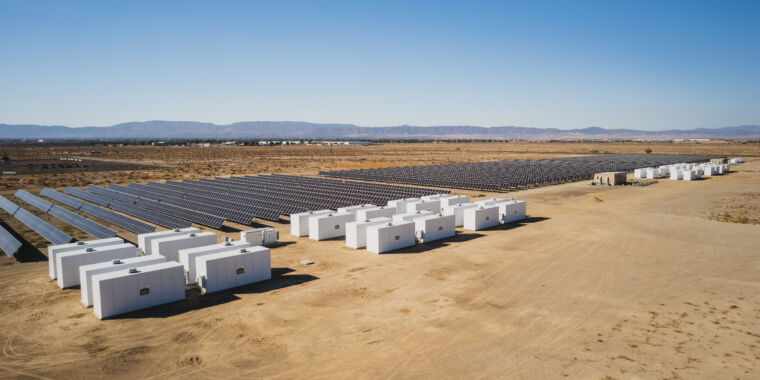The European Parliament has given its formal approval to new vehicle emissions standards that would effectively ban the widespread sale of combustion engine cars and vans in the 27-country bloc by 2035, the organization announced today.
340 members voted in favor of the rules, versus 279 against, and 21 abstained.
An initial agreement on the new rules was reached last October, which calls for all cars and vans sold in the EU to emit zero CO2 emissions by the middle of next decade. The rules still have a couple more stages to go through before becoming law.
Official source below

Fit for 55: zero CO2 emissions for new cars and vans in 2035 | News | European Parliament
Parliament approved the new CO2 emissions reduction targets for new passenger cars and light commercial vehicles, part of the “Fit for 55” package.
www.europarl.europa.eu
The new legislation sets the path towards zero CO2 emissions for new passenger cars and light commercial vehicles in 2035 (an EU fleet-wide target to reduce CO2 emissions produced by new cars and vans by 100% compared to 2021). Intermediate emissions reduction targets for 2030 are set at 55% for cars and 50% for vans.
Other key measures foreseen by the regulation:
- The Commission will present by 2025 a methodology to assess and report data on CO2 emissions throughout the full life-cycle of cars and vans sold on the EU market, accompanied by legislative proposals where appropriate;
- By December 2026, the Commission will monitor the gap between the emission limit values and the real-world fuel and energy consumption data, report on a methodology for adjusting the manufacturers' specific CO2 emissions, and propose appropriate follow-up measures;
- Manufacturers responsible for small production volumes in a calendar year (1 000 to 10 000 new cars or 1 000 to 22 000 new vans) may be granted a derogation until the end of 2035 (those registering fewer than 1 000 new vehicles per year continue to be exempt);
- The current zero- and low- emission vehicles (ZLEV) incentive mechanism, which rewards manufacturers that sell more such vehicles (with emissions from zero to 50g CO2/km, such as electric vehicles and well-performing plug-in hybrids) with lower CO2 emission reduction targets, will be adapted to meet expected sales trends. From 2025 to 2029, the ZLEV benchmark is set at 25% for the sales of new cars, and 17% for new vans, and as of 2030 the incentive will be removed;
- Every two years, starting from the end of 2025, the Commission will publish a report to evaluate the progress towards zero-emission road mobility.



